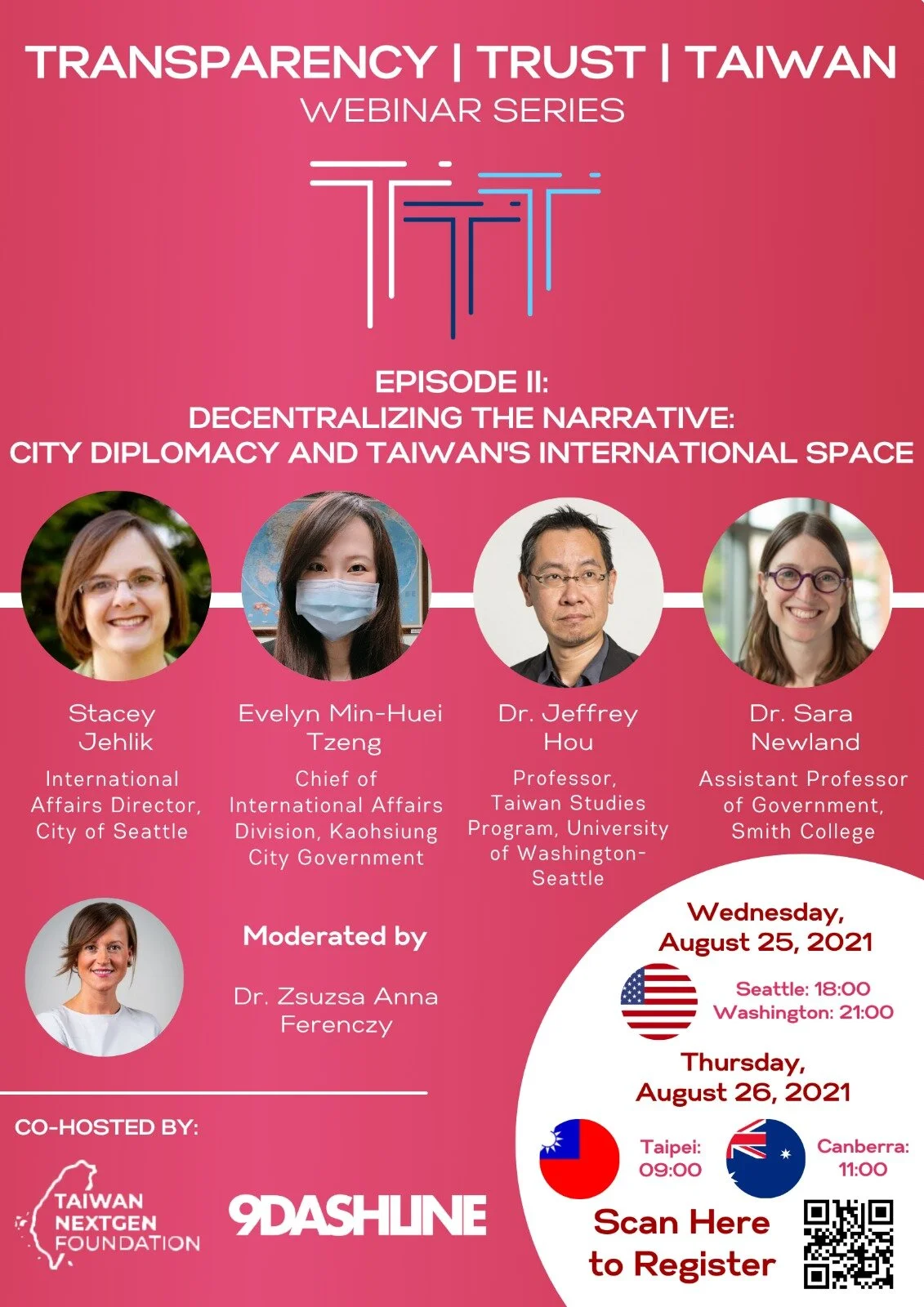Written by Zachary Abuza
After the regional centre is established, Vietnam should take the lead in setting up local monitoring and other scientific and educational exchanges with their Lao and Cambodian counterparts. Here they have considerably more sway and interest than the United States.
Read More
















